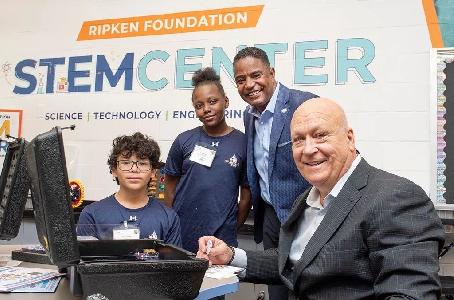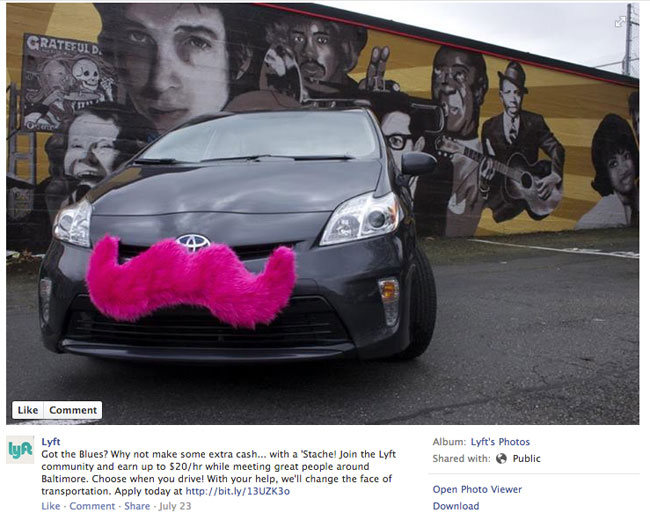Feedback from users can be key to ensuring that a business is delivering what customers want. The results of talking to users and employees can also show how a business is impacting its community.
Lyft recently conducted one such economic impact study for Baltimore.
According to the study compiled by San Francisco-based economic research firm Econ Group, the ridesharing service introduced $12.3 million in new spending to the local economy in 2016.
The study also sought to track where that money was spent by surveying users. The findings report that about 60 percent of respondents spend more at local businesses, about 75 percent say Lyft provides access to more areas and about 70 percent say they are staying out longer because of Lyft. Additionally, 41 percent of Lyft rides start in areas that are underserved, the study states.
The top three uses of Lyft were restaurants/entertainment, work-related travel and visiting family and friends.
Another aspect of Lyft’s business is the fact that it’s more efficient than taking a personal car or other form of transportation. Lyft estimates it saved 285,000 hours of user time — a number the study values at $3 million.
Another way for the service to look at its influence on the local economy was through the lens of its drivers. Jobs are often a key measure of impact, and roughly four-fifths of Lyft’s Baltimore drivers are already employed or seeking employment. The median household income for drivers is $42,702. It may be secondary income, but about 56 percent of the drivers use their earnings for primary expenses.
One measure also shows block-level impact: 87.8 percent of drivers have given rides to a neighbor.
Those are just some of the metrics. Lyft issued the report for Baltimore along with studies for 19 other cities.
Locally, the report arrives as ridesharing services await a decision from the state’s Public Service Commission on whether they will have to begin fingerprinting drivers as part of background checks. The issue has been a sticking point for the service’s continued operations in other cities, such as Austin.
Join the conversation!
Find news, events, jobs and people who share your interests on Technical.ly's open community Slack

Baltimore daily roundup: The city's new esports lab; a conference in Wilmington; GBC reports $4B of economic activity

Baltimore daily roundup: Find your next coworking space; sea turtle legislation; Dali raided and sued

Baltimore daily roundup: Johns Hopkins dedicates The Pava Center; Q1's VC outlook; Cal Ripken inaugurates youth STEM center


